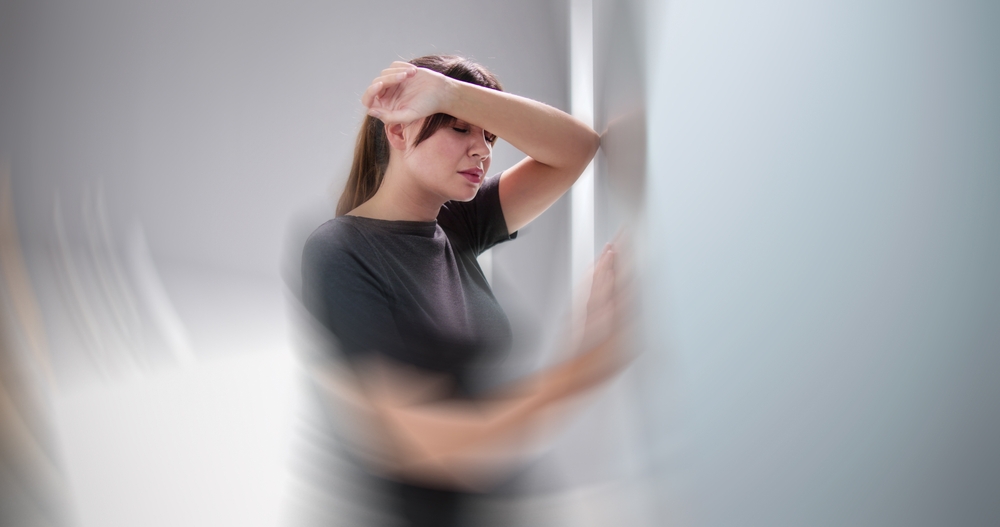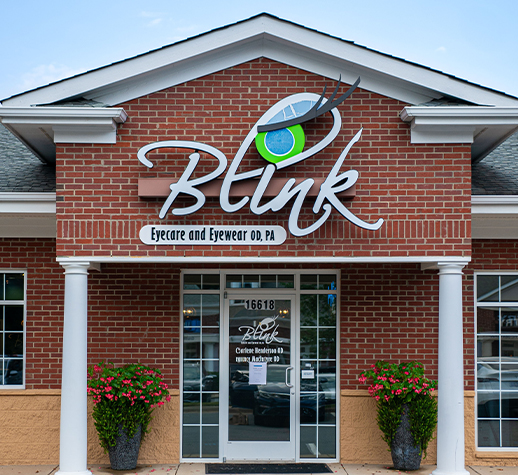
Binocular vision disorder (BVD) is a group of conditions that affect the way your eyes work together. Normally, your two eyes work as a team, providing you with a single, three-dimensional image. However, in individuals with BVD, the eyes are unable to coordinate properly, leading to a range of visual and functional challenges.
Causes of Binocular Vision Disorder
Binocular vision disorder can arise from a variety of factors, including:
- Refractive Errors: Conditions like nearsightedness (myopia), farsightedness (hyperopia), and astigmatism can disrupt the eyes' ability to focus light properly, leading to binocular vision problems.
- Eye Muscle Imbalances: Weaknesses or imbalances in the muscles that control eye movement, such as the extraocular muscles, can prevent the eyes from working together effectively.
- Neurological Conditions: Certain neurological disorders, such as stroke, brain injury, or neurological diseases, can impair the brain's ability to process visual information from the two eyes.
- Developmental or Congenital Issues: Some individuals are born with binocular vision disorders, often due to problems with the development of the visual system during childhood.
Understanding the underlying cause of your binocular vision disorder is crucial for receiving the most appropriate treatment and achieving the best possible outcomes.
Common Signs and Symptoms of BVD
Individuals with BVD may experience a variety of signs and symptoms, including:
- Blurred or double vision
- Headaches or eye strain
- Difficulty with depth perception and spatial awareness
- Sensitivity to light or glare
- Difficulty with balance and coordination
- Fatigue or discomfort during visual tasks
These symptoms can arise in a variety of situations, such as when reading, using a computer, or engaging in sports or other visual-motor activities.
The Impact of BVD on Daily Life and Academic Performance
BVD can have a significant impact on your daily life, affecting both your personal and professional activities. Blurred or double vision, difficulty with depth perception, and sensitivity to light or glare can make it challenging to perform everyday tasks, such as driving, navigating your environment, and engaging in hobbies or recreational activities. It can also make it challenging to focus on and comprehend written material, leading to poor reading comprehension and difficulty with written assignments.
Headaches, eye strain, and fatigue can arise from the constant effort required to compensate for your binocular vision issues, making it difficult to maintain focus and concentration. The visual and physical challenges associated with BVD can lead to feelings of frustration, anxiety, and social isolation, as you may struggle to participate in social activities or maintain your usual level of productivity and engagement.
Impaired depth perception and spatial awareness can increase the risk of accidents, falls, and other safety-related issues, particularly in dynamic environments or when performing tasks that require precise hand-eye coordination.
Addressing binocular vision disorders in a timely manner is crucial for ensuring that you can fully engage with and benefit from your educational opportunities.
Diagnosis and Treatment Options for BVD
If you suspect that you or your child may be experiencing a binocular vision disorder, it is important to seek a comprehensive eye examination with an optometrist.
During the examination, your eye doctor will:
- Conduct a thorough assessment of your visual acuity, eye movements, and binocular vision function.
- Identify the underlying cause of your binocular vision disorder, whether it be refractive errors, eye muscle imbalances, or neurological conditions.
- Develop a personalized treatment plan to address your specific needs and goals.
Depending on the nature and severity of your binocular vision disorder, your treatment plan may include:
- Corrective lenses (e.g., glasses or contact lenses)
- Prism lenses or other optical devices to help align the eyes
By working closely with your eye care team, you can develop a comprehensive strategy to address the challenges posed by your binocular vision disorder and improve your quality of life and learning experience.
Schedule a Consultation with Blink Eyecare and Eyewear Today
BVD can have a significant impact on your daily life and learning, affecting everything from your visual acuity and spatial awareness to your physical comfort and emotional well-being. By understanding the causes, signs, and symptoms of BVD, and seeking appropriate diagnosis and treatment, you can take steps to mitigate these challenges and maximize your potential.
If you or a loved one are experiencing any of the signs or symptoms associated with binocular vision disorder, schedule an appointment with Blink Eyecare and Eyewear to get the support and treatment you need to thrive in your daily life and learning. Visit our office in Charlotte, North Carolina, or call (704) 817-3800 to book an appointment today.












